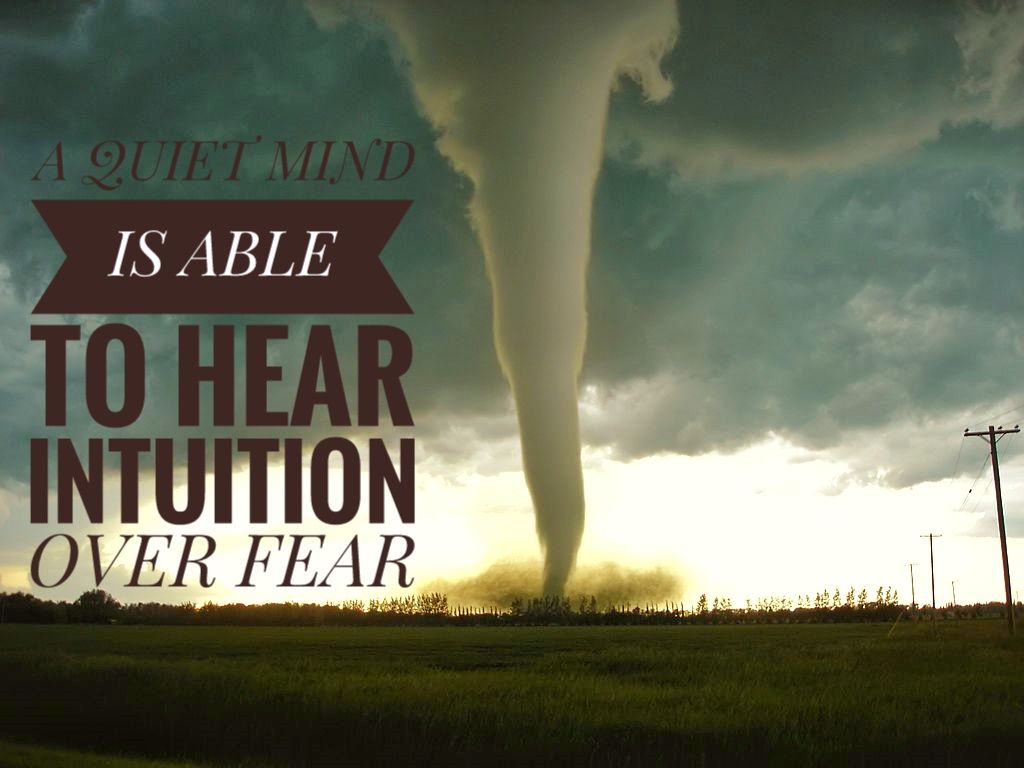
On one lovely sunny evening not so long ago, I found myself in a conference hall talking to strangers as if we were old friends. Sharing our hopes and dreams for the world and ourselves, we were in a London venue aptly named Friends House. The reason why: Action for Happiness had invited us there to hear from the revered psychologist and science journalist Daniel Goleman.
Dr. Goleman is well known for his work on Emotional Intelligence – the ability to recognise, understand and deal with our emotions and those of others – and his long-term friendship with the Dalai Lama. As part of his work, he’s extensively studied the impact of mindfulness – a practice that focuses our attention on the present moment. In a room packed full of people, there was an excited anticipation to hear what Dr. Goleman had to say. So, “how can we change the world?” I hear you cry…
Well, there are lots of ways. And you can read Goleman and the Dalai Lama’s book, “A Force for Good: The Dalai Lama’s Vision for Our World” to find out more. But in this talk, Dr. Goleman did have one very clear take-away activity that we can all do – practice mindfulness!
He recently reviewed over 6,000 studies on meditation, and boiled these down to 60 studies that were particularly scientifically and methodically strong. The studies found that meditation – specifically, mindfulness meditation – makes a real difference to our brains and to how we interact with the world around us.
You know those times when suddenly a surge of fear or anger overcomes you, perhaps at a time when you feel like you’ve been unfairly treated? Where you may snap and regret your exaggerated reaction 20 minutes down the line? Well, this is your prehistoric part of your brain responding to what it sees as an emotional threat – as if a saber-tooth tiger was trying to kill you. The amygdala is the region of the brain that controls our prehistoric responses. It suddenly overrides other parts of our brain, making it difficult (or impossible) to think about things rationally. This process is called the Amygdala Hijack. (This often happens with me just before heading to bed when I notice my fiancé hasn’t washed the dishes. Sorry Aleks! I’ve been emotionally hijacked!)
The thing is, although our world has evolved rapidly in the past several hundred thousand years, our brains haven’t evolved at nearly the same speed and the role of the amygdala is now not needed in the way that it once was. Mindfulness meditation appears to calm that amygdala of ours and train it to be less reactive. Mindfulness, as Dr. Goleman told all our open ears, “gives us the freedom to control our thoughts”. And that’s just one way that mindfulness positively impacts us…
Mindfulness strengthens our cognitive control; it enhances our ability to pay attention; it helps improve our working memory; it helps us develop compassion, and more importantly, empathy.
Imagine a world where you and those around you don’t react so impulsively. Where you feel less affronted less regularly. Where instead of seeing red you see clarity, reason and understanding. Where impulsive action and harmful words are replaced by thought-out conversation. All from simply spending a few minutes a day focussing on your breathing and your awareness of here and now and thinking about those who you care about. (If you don’t know what I’m on about, you can check out some of Marta’s meditations.)
Imagine a world where politicians, business leaders, journalists, and all of us had greater empathy and a more considered approach. Now that’s the kind of world I want to live in.
